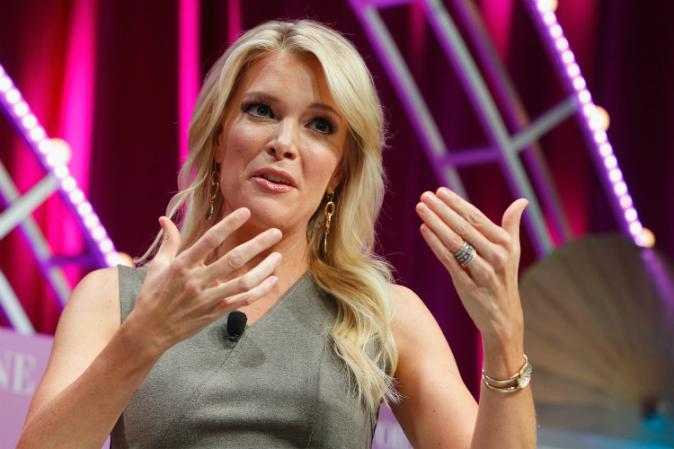It’s hard to believe “Hamilton” could net more than its reported $500,000 per week.
However, according to a report in Bloomberg, ticket scalpers of the hit musical are pocketing $240,000 a week.
According to Economics professor at Susquehanna University, Matt Rousu, nearly $30,000 from every show goes to ticket resellers and not to production or the cast. There are eight shows a week.
The New York Post reported that executives of the Broadway show are thinking of doubling ticket prices, to ensure true profits are given to those who tirelessly work on the show.
The producers “are having discussion after discussion about what they should do about this,” said Broadway manager, Mitch Weiss. “They don’t want to charge people that much to see a show. But if someone is going to make money, it ought to be the people who work on it.”
Lin-Manuel Miranda and the entire cast of “Hamilton” are having an amazing run—they were just nominated for a record-breaking 16 Tony Awards. The musical uses hip-hop music to tell the life of Alexander Hamilton and has drawn thousands of viewers, including several appearances by President Obama.
Last month, producers and cast members reached a deal to share weekly profits among each other.
Lawyer Ronald Shechtman, who represented the actors, told CNN at the time, that the agreement will permit “cast members to share in the successes of Hamilton and receive a profit stream from all productions in New York and elsewhere.”
He went on to say: “this is a positive and constructive collaboration—the cast and producers shared a vision and reached a very satisfactory result.”




